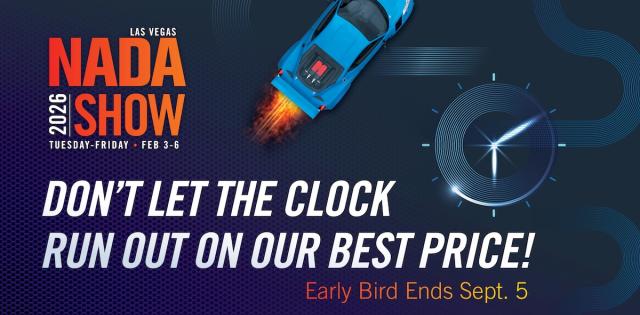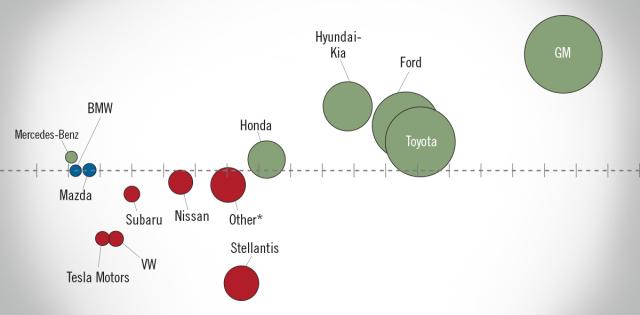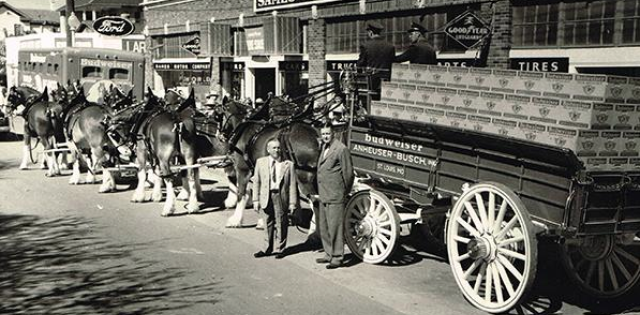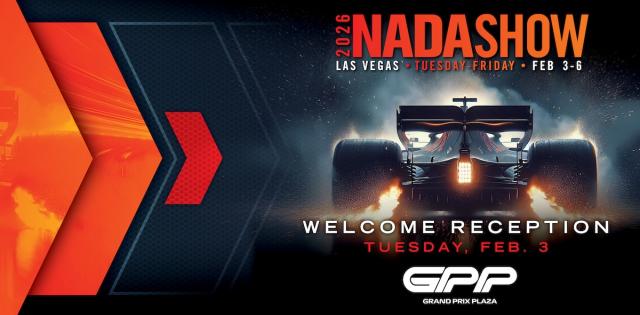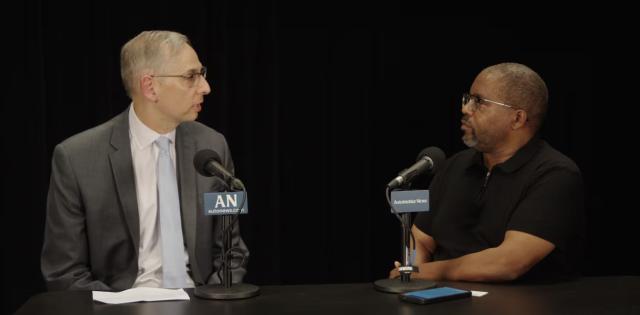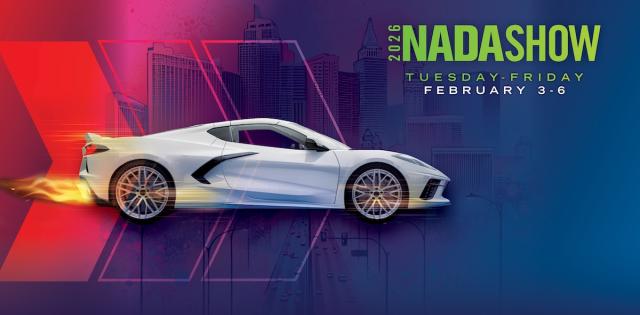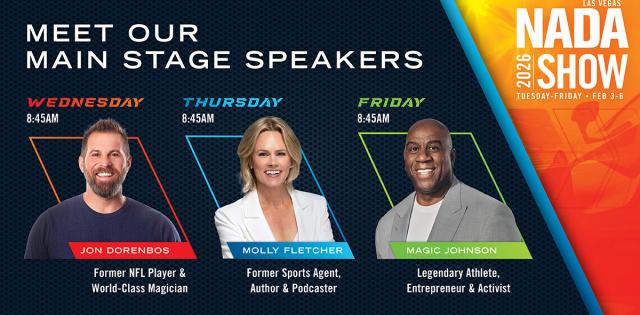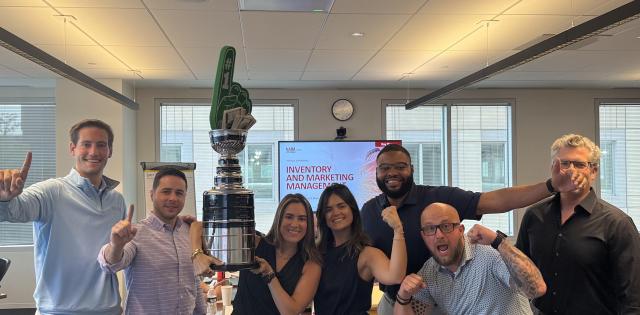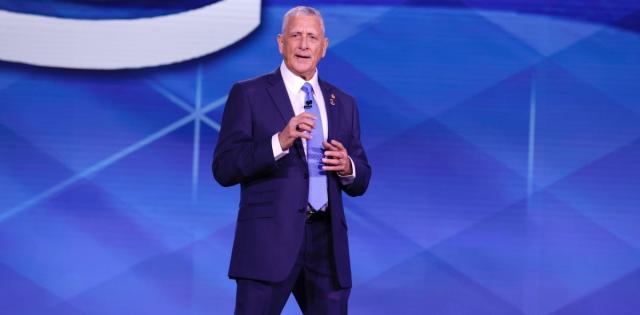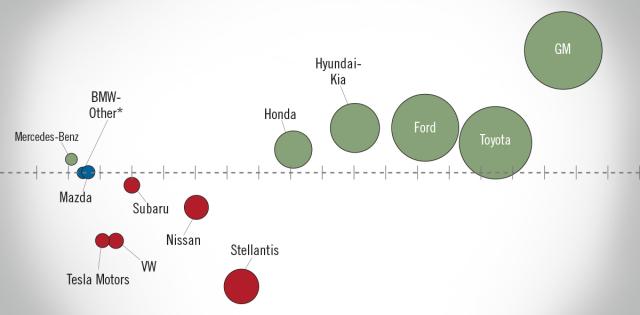Amarillo, Texas, is known for its large cattle ranches, Friday-night football, and robust oil and gas industry. So getting new-car shoppers excited about switching to electric vehicles in this region would seem like paddling the wrong way up the nearby Canadian River.
“People get a kick out of watching us because being in the Panhandle of Texas, where I’m surrounded by cattle and oil, people look at us and say, ‘OK, that boy has got no chance of selling EVs,’” says John Luciano, owning partner/president of Street Volkswagen of Amarillo.
But customers all over the country are committed to making the switch to electric, and dealers like Luciano are here to help them do it. “We have really had much better response than we ever expected,” he says. “Because you still have those same people that care very much about the environment, they care about what we’re going to do [about it], and they care about zero emissions.”
Luciano is going all-in on EVs and making significant investments, including interactive screens in his dealership to show customers where charging stations are located and keeping home charging stations in supply, with an electrician on standby to install them.
“When we deliver your new vehicle, part of our package is we include the home charger,” says Luciano. “We just include it in the deal. I have an electrician on a flat fee. I have the boxes in my office. So we go to your house, find a place in your garage or your driveway or wherever you want to put it, we get it put in, and on we go.”
These investments, Luciano says, help his customers figure out if EVs are going to work for them and their lifestyle. “They want to know: ‘Can I make it work? Does it fit me?’ That’s the education they want to [have].”
Dealerships Essential to EV Success
Future EV buyers expect to get that education at their local dealership, according to research by Escalent, a top human behavior and analytics advisory firm with deep ties to the U.S. auto industry. Escalent’s landmark research study, EVForward, found that 57% of future EV buyers prefer the traditional approach to car buying, while just 20% favor a direct-sales approach.
In addition, most of those surveyed said they prefer that many of the phases of the car-buying process, including test driving, completing the transaction and getting the vehicle serviced, take place in person rather than virtually.
“The traditional dealership model has been around for a long time,” says Mike Dovorany, Escalent’s vice president of automotive and mobility and project lead for EVForward. “It’s revolved and refined over time and we shouldn’t be surprised it works well. For most people, it’s their preferred way to buy a vehicle.”
Escalent also surveyed dealers and found them to be excited about selling and servicing EVs, Dovorany adds. “The response from dealers generally was, ‘Anything that brings excitement to my customers is something I’m behind.’”
Now the issue is getting the word out to potential consumers about EVs and how dealerships are there to help. “How do we tell the world?” Dovorany asks. “How do we let them know so they can be educated?”
That’s where the Coalition for EV Choice and Competition (EVCC) comes in. EVCC is a dealer-driven coalition highlighting the efforts and investments America’s 16,000 local dealerships are making to meet the challenge of mass EV adoption. Local dealerships are investing at every level, from installing recharging infrastructure to hiring sales specialists to help customers find an EV that best fits their needs.
NADA Efforts Focus on Dealers, OEMs
NADA, of course, strongly supports the coalition. NADA is working with OEMs to build cooperation and partnerships with dealers that will allow manufacturers to focus on introducing and building new EV products so America’s dealer body can focus on getting those vehicles sold.
“Dealers are embracing the electrification of the fleet, as the market is ready,” says NADA 2022 Chairman Michael Alford. “There’s no doubt it’s coming. They’re incredible products, and we need to be there to sell and service them.”
Part of that effort can be seen at this year’s NADA Show, where EV technologies are taking center stage. In addition, NADA has chosen software start-up Chargeway as an affinity provider. Chargeway’s Web Beacon app helps potential EV customers see where charging stations are located, with a personalized charging map for any EV they choose.
As the vehicle fleet becomes increasingly electric, says Alford, “dealer bodies will be essential to that adoption effort. And we have to work through how we do this to ensure that not only do we survive, but thrive.”


